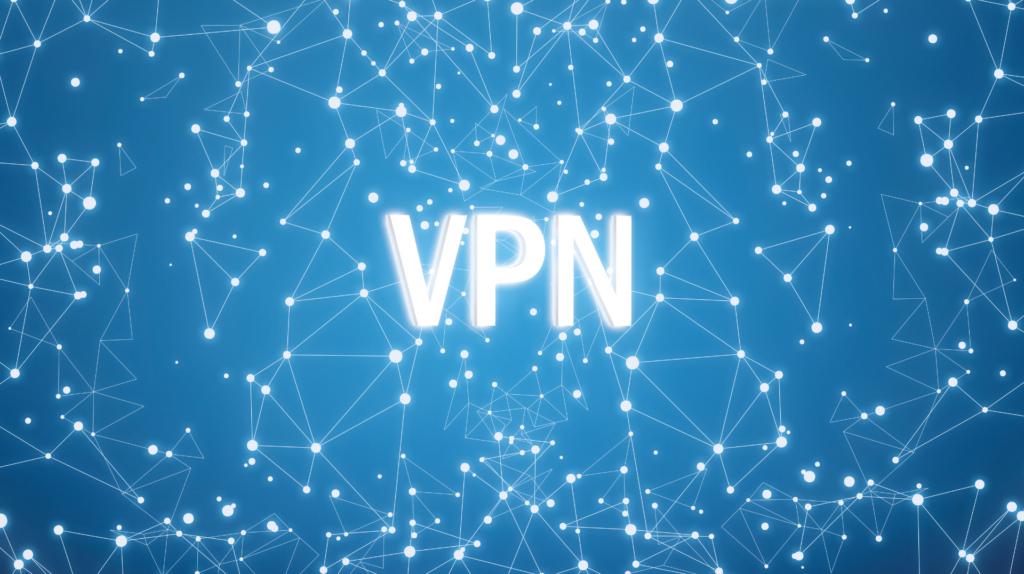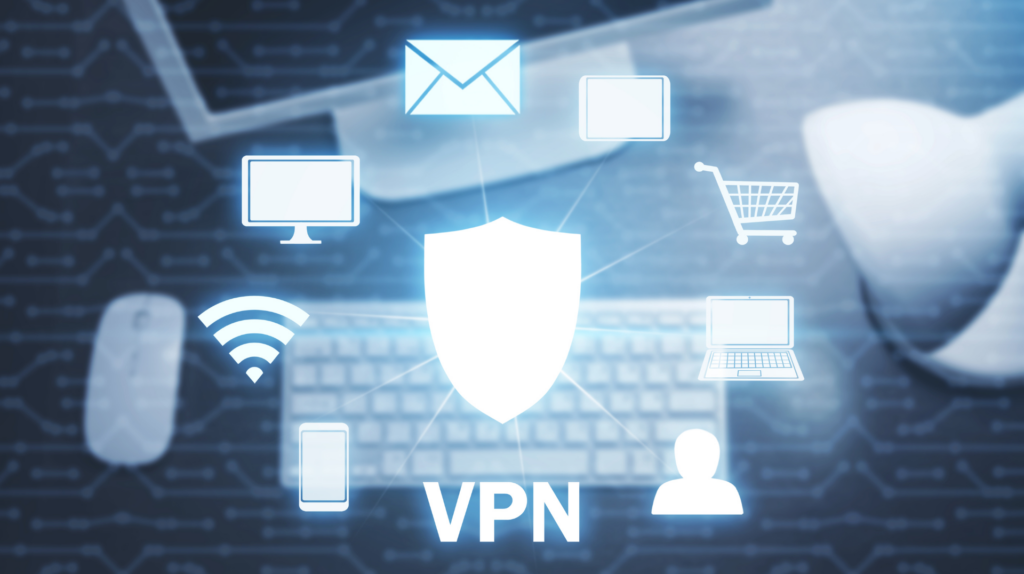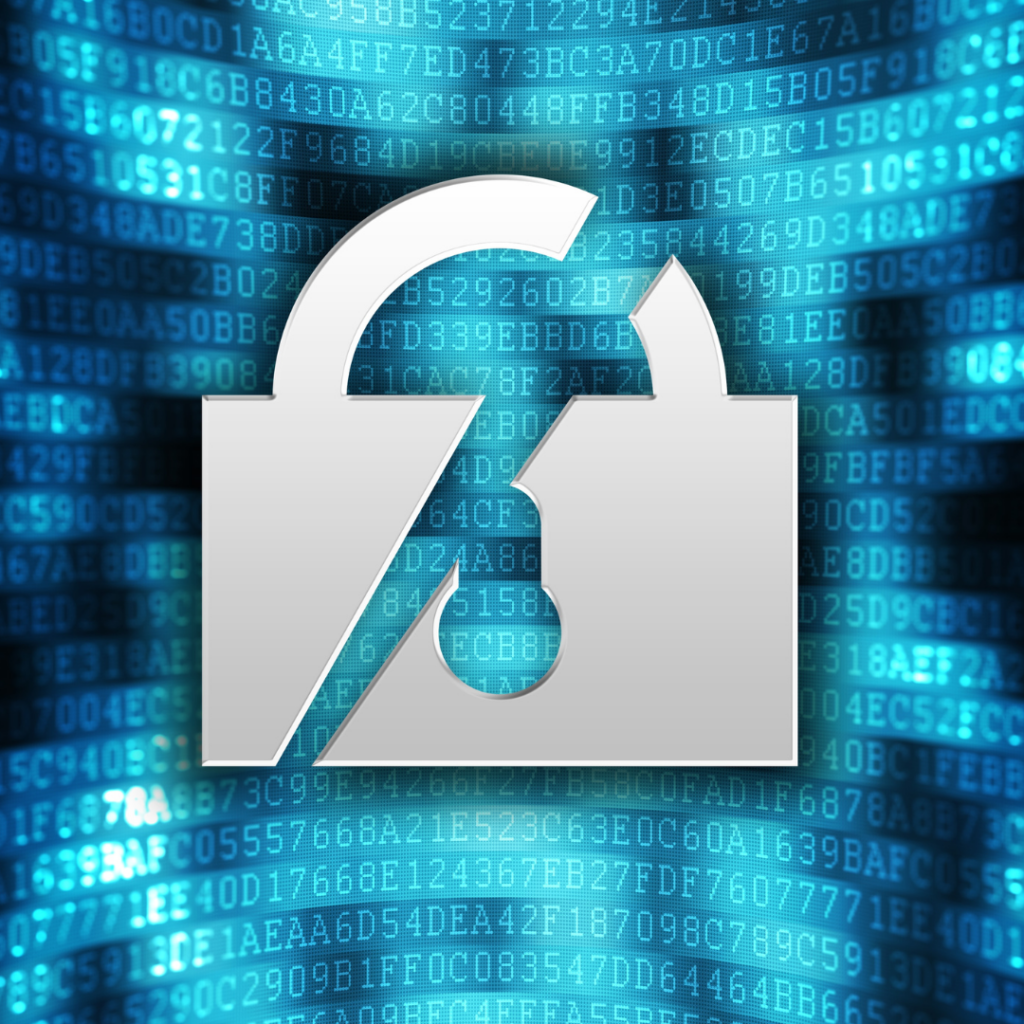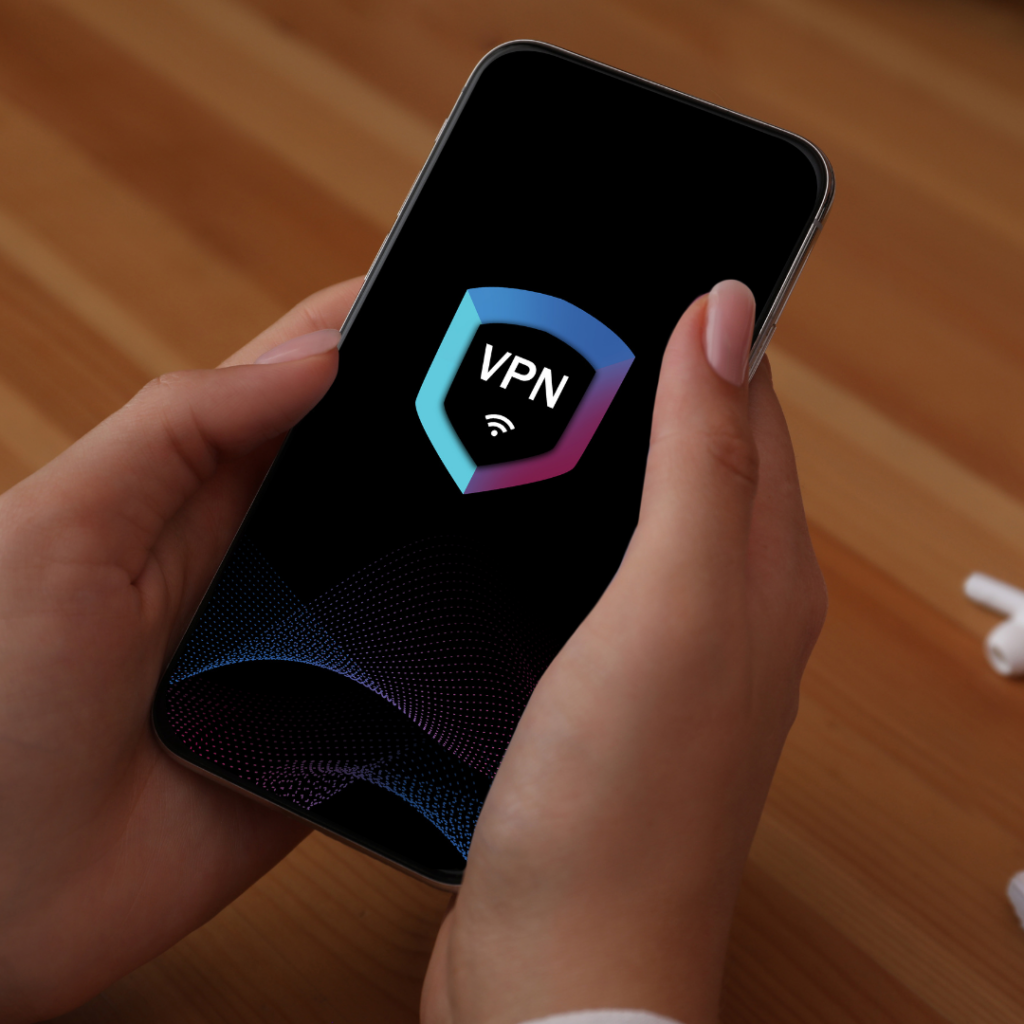In an increasingly connected world, our online privacy and security have become more critical than ever. Virtual Private Networks (VPNs) offer a powerful solution for securing your internet connection and protecting your data from prying eyes. But not all VPNs are created equal. To ensure you are genuinely safeguarding your information, it’s essential to understand how to choose and use a VPN effectively. Here’s a breakdown of how to crack the VPN code for a secure and private browsing experience.
What is a VPN, and Why Do You Need One?
A VPN creates an encrypted tunnel between your device and a remote server operated by the VPN provider. This tunnel masks your IP address, making your online activities virtually untraceable. By using a VPN, you can:
Secure Public Wi-Fi Connections: Public Wi-Fi hotspots are notoriously insecure. A VPN encrypts your data, preventing theft when you’re connected to open networks.
Protect Your Privacy: Your browsing history, passwords, and personal data are shielded from hackers, government surveillance, and malicious websites.
Bypass Geographic Restrictions: Access content that may be restricted based on your location, such as streaming services or region-specific websites.


How to Choose a Secure VPN
Not all VPNs offer the same level of security and performance. Consider these factors to ensure you pick a trustworthy service:
Kill Switch Feature: This feature automatically cuts off your internet connection if the VPN connection drops, preventing data exposure.
Encryption Standards: Look for a VPN that uses AES-256 encryption, the industry standard for robust security.
No-Logs Policy: Choose a VPN that does not store logs of your activity. This ensures your browsing history remains private.
DNS and IP Leak Protection: A reliable VPN should prevent DNS and IP address leaks to maintain anonymity.
Server Locations and Speed: The more server locations and faster speeds a VPN offers, the better your experience will be.
Lorem ipsum dolor sit amet, consectetur adipisicing elit, sed do eiusmod tempor incididunt ut labore et dolore magna aliqua. Ut enim ad minim veniam, quis nostrud exercitation.
Peter Jackson
Common Pitfalls and How to Avoid Them
Even with the right VPN, user behavior can compromise security. Here are common mistakes to avoid:
- Using Free VPNs: Many free VPNs monetize their services by logging and selling user data, defeating the purpose of privacy.
- Failing to Update Software: Regular updates ensure you have the latest security patches.
- Ignoring Terms of Service: Understanding your VPN provider’s policies helps avoid unexpected privacy issues.
Additional Tips for a Secure VPN Experience
- Use Two-Factor Authentication (2FA): Whenever possible, enable 2FA on your VPN account to add an extra layer of security.
- Avoid Auto-Connect on Public Networks: While a VPN is essential for public Wi-Fi, manually connecting allows you to verify secure settings.
- Regularly Check for IP Leaks: Tools like IP leak tests help confirm your VPN is functioning correctly.
The Future of VPNs and Online Security
As cyber threats evolve, so do VPN technologies. Innovations like quantum-resistant encryption are already on the horizon, promising even stronger security measures. However, awareness and proactive use of current best practices are your best defense today.


Choosing and using a VPN wisely is one of the most straightforward yet effective ways to protect your online privacy. By understanding encryption, selecting a trustworthy provider, and avoiding common mistakes, you can enjoy a safer, more private browsing experience. With a secure VPN, you take control of your digital footprint and protect your data from potential threats—a crucial step in today’s connected world.




